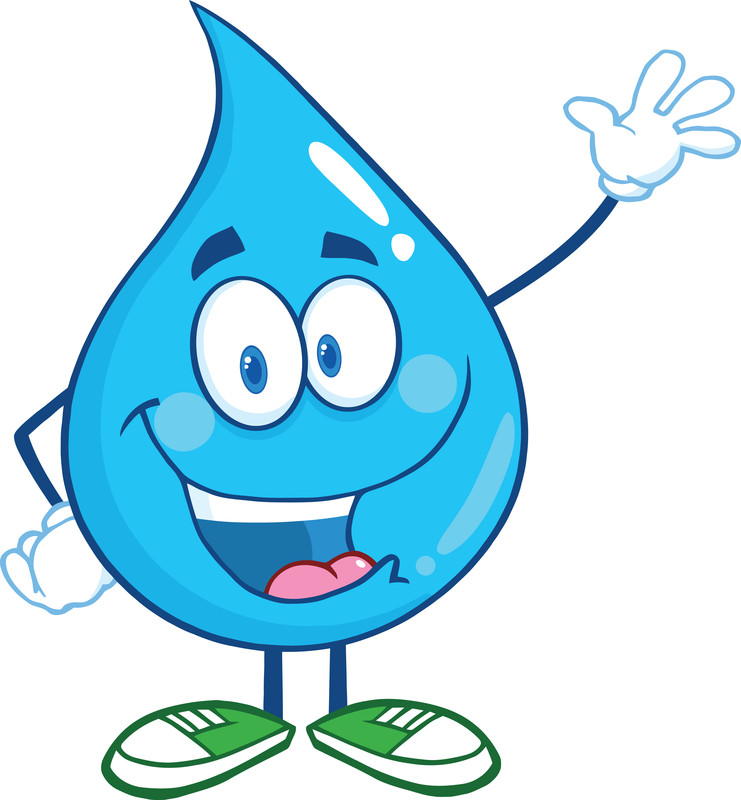For individuals who are overweight, initiating a weight loss program can significantly lower the blood pressure. The blood pressure will usually drop as much as a low salt diet will drop it. The hypertensive patient does not need to reach optimum weight for a drop in blood pressure to occur. Just initiating a weight loss program and shedding about 5 pounds will bring the blood pressure down substantially in most cases. In order for the effect to be maintained, however, the individual needs to stay on the weight loss program until ideal weight is achieved. A simple four-step plan is prescribed for most overweight patients to achieve their desired weight.
1. No snacks. Drink only water between meals.
2. Eat a good breakfast and a moderate lunch. Eliminate the evening meal. If something “must” be eaten in the evening, whole fruit is all that is allowable.
3. Eliminate or at least greatly reduce refined sugar and free fats or fatty foods in the diet, while emphasizing foods high in fiber.
4. Daily moderate exercise for approximately 45 minutes a day.
Virtually all who stick to this simple program achieve lasting weight loss.
Caffeine and Alcohol
Studies show that caffeine affects blood pressure. One cup of coffee per day (or the equivalent in cola drinks) may raise the diastolic and systolic blood pressure five to six points. It follows that eliminating caffeinated drinks has the potential to lower blood pressure by the same amount. Caffeine not only raises resting blood pressure, but if consumed before or during exercise, it can raise blood pressure and heart rate considerably above the levels achieved during exercise alone. This could turn a healthy activity into an unhealthy one by increasing the risk of a significant cardiovascular event during exercise.
What is the effect of alcohol on blood pressure? Many people are unaware that alcohol raises blood pressure. Just an ounce or two per day is all that is necessary to cause significant hypertension. This is one of the reasons why even moderate users of alcohol have a significantly increased risk of stroke. Eliminating alcohol is a necessary part of reducing blood pressure the natural way.
Foods High in Calcium are Beneficial
Foods with a high calcium content can also significantly lower blood pressure. Over 6000 men and women with high blood pressure were classified as to their calcium intake. The result was that each gram of calcium consumed per day seems to lower the risk of high blood pressure by about 12 percent. Professor James Dwyer, who reported on the research at the American Heart Association annual meeting in November 1992, warns against taking large amounts of calcium supplements, however. “Instead,” he said, “people should get calcium through their diets…green leafy vegetables are good sources of calcium.”
Oatmeal Helps
A common breakfast food, oatmeal, has been found to reduce blood pressure. In one study, 850 people were categorized for the amount of oatmeal they consumed. One-bowl-per-day users had lower blood pressure and lower cholesterol. The effect was independent of age, weight, and intake of sodium, potassium, and alcohol. The conclusion is that people who are trying to control their blood pressure naturally may get an unexpected benefit from eating a bowl of oatmeal each day. Thus oatmeal offers a double benefit for our hearts. Most of us have known for some time that oatmeal helps to lower blood cholesterol levels because it is rich in water-soluble fiber. The information on blood pressure provides an additional endorsement for this versatile grain.


 RSS Feed
RSS Feed
